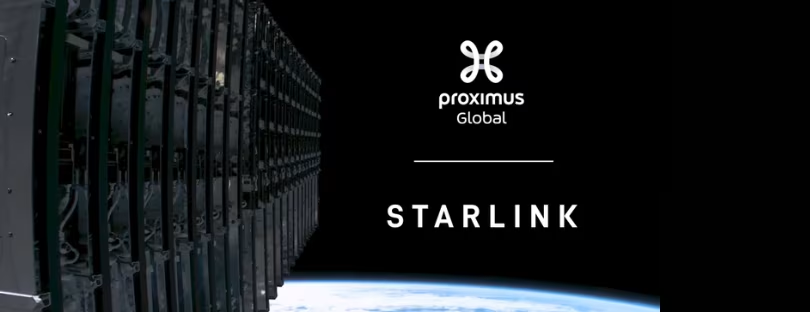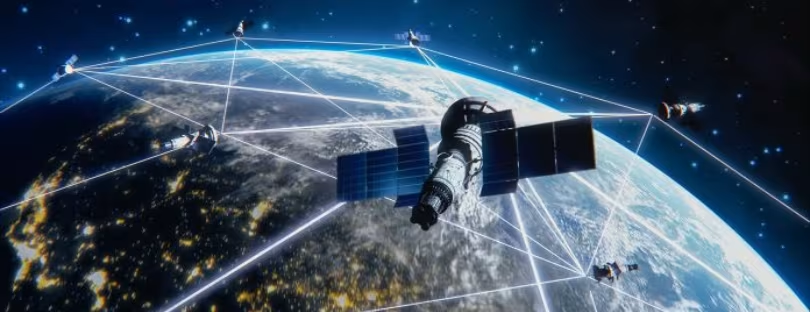
Cuba intends to activate the new cable between Cuba and Martinique in April to enhance connectivity
Cuban authorities plan to have the new underwater internet connection cable running in three months, as announced in an article published by the official press which tries to respond to the multiple complaints of low connectivity in recent weeks through the state telecommunications monopoly Etecsa, the only gateway to the Internet on Cuba. Cuba Martinique connectivity
“We hope to launch the Arimao submarine cable in April,” said Tania Velázquez Rodríguez, president of the company, who explains the short circuit in ALBA-1, the connection between Venezuela and Cuba, the was launched in 2013. “The capacities we had in ALBA-1 are saturated, so in those high-speed schedules, the demand is not met. The new cable will offer important capabilities for navigation. Likewise, we must increase the capabilities of the software that enables that output so that everything flows correctly,” she adds.
Arimao was announced in December, before Cuban President Miguel Díaz-Canel’s tour of several Caribbean islands, and foresees the connection from Martinique, deployed by the French Orange company through its subsidiary on this island. The fiber optic cable is 2,500 kilometers long and reaches the Tricontinental Port of Cienfuegos. The maritime installation to Martinique was completed at the beginning of January when the land connections began. When they have been completed, it will be time to do tests.
Growth in demand for connections in Cuba
In this Wednesday’s note, Velázquez Rodríguez offers figures for the growth in demand for connection in Cuba, which in 2022 increased by more than one million users, reaching a total of 6.7 million customers, most of them 4G. That has caused a 63% increase in traffic volume, from 189,000 terabytes in 2012 to 309,000 in 2022. The average user demand has varied from 5.65 gigabytes to 7.23 in a year.
The infrastructure has not grown, however, which generates the congestion problems detected by users. According to Etecsa data, more than two million people connect simultaneously between eight and ten at night, the busiest time, which saturates the network and results in complaints from the population.
“The growth not only demands investments in the access network but also forces us to do work on other layers of the network that allows the smooth transit of that mass of data demanded by customers. Likewise, we must take into account the international traffic,” adds the directive, referring to Arimao. Cuba Martinique connectivity
The promotion to quintuple the capacity has been on everyone’s lips when it comes to explaining the problems of access to the network. Velázquez Rodríguez confirms that these offers have effects, although it justifies the urgent need to obtain currency along the way.
“It is an incentive to stimulate recharges from abroad since from the exit of the combined packages there has been a shift towards the consumption of national packages with CUP (Cuban peso) payments, and income from abroad has decreased. We are very pleased to have offers in CUP that please most of our customers, but it is also important to offer alternatives to capture the currencies that allow us to sustain the service and do it with quality,” he says.
The director also talks in the interview about how blackouts have affected navigation and reveal that radio bases have batteries but only 20% of the 5,000 on the Island have energy support, which suspends the connection.
MiTransfer channel Cuba Martinique connectivity
The argument could technically explain the cuts denounced during the long blackouts last summer, which gave rise to a multitude of demonstrations in which the Government was held responsible and the restitution of the current was demanded. However, there is a suspicion among the population that internet cuts were intentional to prevent protests from being disseminated through social networks, with a contagion effect.
The official adds that they have tried to get more batteries, but the cost per unit (about $30,000) prevents them from having enough. “It is satisfactory for our company to show growth in traffic and in the number of subscribers, although we recognize that there is dissatisfaction with quality,” he admits.
Velázquez Rodríguez refers to other areas of telecommunications, such as fixed telephony, which will increase by only 16,000 lines in 2023 because, although he assures that it is still in high demand in Cuba, the priority is the cellular “for its rapid deployment and wide capacity to assimilate customers.” In addition, he has also talked about the slow deployment of wireless networks for the Nauta Hogar network or the sale of equipment in pesos, which “will be carried out when economic conditions allow it.”
The frequencies of transmission or the digitization of some services also appear in the interview, in which, as a novelty, the MiTransfer channel (a virtual money account associated with a mobile number) stands out as a preliminary step to the short-term virtual wallet.
Cuba and Martinique, two Caribbean nations, have varying telecommunications landscapes
In Cuba, the state-owned telecommunications company ETECSA is the sole provider of fixed-line and mobile services, leading to limited internet access and outdated infrastructure.
On the other hand, Martinique has a more developed telecommunications sector, with multiple providers offering both fixed and mobile services, leading to higher internet penetration and access to newer technologies. The telecommunications industry in Martinique is regulated by the French government, as the island is an overseas department of France.









